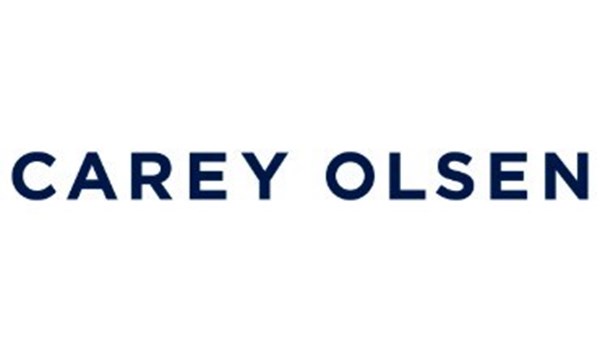STEP has launched a report Attitudes to Wealth – a survey capturing the insights of global clients’ attitudes to wealth and tax from more than 900 private client advisors across 86 countries.
This report comes at a critical time as multiple countries contend with rapid economic, political, and tax policy transformations. It offers a clear snapshot of the evolving attitudes toward wealth, taxation and social responsibility.
Debates over wealth taxes gained unprecedented momentum at the World Economic Forum in Davos last year following calls from 250 billionaires and millionaires under the alliance of the Patriotic Millionaires to introduce wealth taxes to help pay for better public services around the world. This was followed by bold proposals at the G20 to tax the wealth of billionaires by at least 2 per cent annually.
It reveals that, beyond the heated public discourse, securing financial stability for future generations remains the key driver for clients, but new generational perspectives are starting to influence priorities.
The findings revealed that financial security for future generations tops the list of priorities. Advisors report that today’s clients are increasingly informed and intentional about setting up enduring legacies that safeguard their families’ futures.
Social responsibility is also becoming a key consideration, especially among younger clients, but it has yet to translate into meaningful action.
While taxation remains a key concern, mitigating tax exposure is not the most influential factor for clients and there is a shift towards an approach that balances efficiency and compliance with long-term wealth planning. Generational differences may drive new approaches to tax planning and a change in language around tax.
There is a pressing need for greater public and professional education on trusts and related structures. Clear, accessible knowledge is crucial for clients, policymakers and the broader public to dismantle misconceptions.
The persistent reluctance to discuss wealth openly within families remains a significant hurdle to proactive planning. Overcoming these barriers is essential for early and effective wealth management.
What’s more, a significant number of advisors are now engaging clients in comprehensive discussions about responsible wealth stewardship, integrating philanthropic interests and personal values into tailored planning strategies. Catherine Grum TEP, a spokesperson for STEP, said:
“Safeguarding legacy for current and future generations overwhelmingly remains a priority for clients. What is also apparent is that attitudes are not uniform with some clients taking steps to limit their wealth accumulation. The same is true in relation to their views of taxation.
In the main clients have a more negative than positive attitude to tax which may not be surprising but more than one in 10 reported a more positive attitude towards taxation. A significant number of practitioners had clients who actively declined tax reliefs. It’s therefore increasingly important to take the time to ascertain where your clients stand.
There’s a clear rise in social responsibility, particularly among younger clients. It’s encouraging to see advisors routinely broach philanthropic giving. There remains significant potential to embed these discussions at the core of wealth planning, aligning financial decisions with personal values and purpose.
Over the next decade, we are likely to see a significant shift in client attitudes, amid rapid technological advances, geopolitical risks and evolving tax policies. The challenge for practitioners is to adapt and position themselves to support clients across the spectrum. With increasing reliance on AI and automation, maintaining strong client relationships while promoting responsible wealth stewardship will become more critical.”



